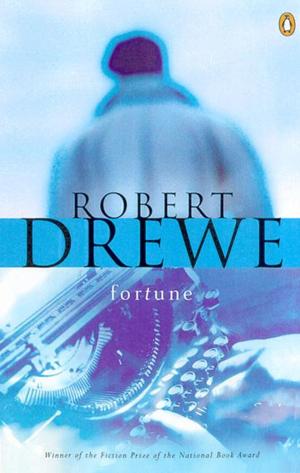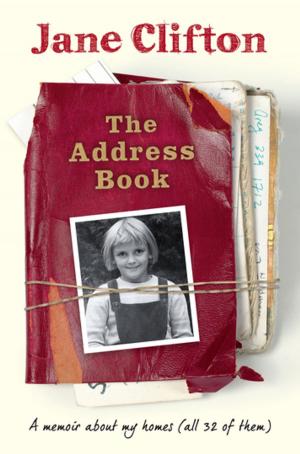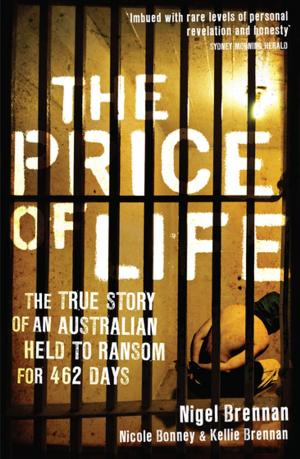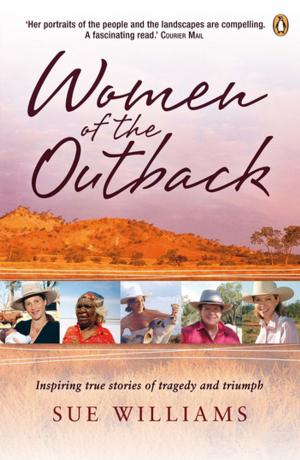Australia Under Surveillance
How should we act?
Fiction & Literature, Essays & Letters, Essays, Nonfiction, Social & Cultural Studies, Political Science| Author: | Frank Moorhouse | ISBN: | 9780857985989 |
| Publisher: | Penguin Random House Australia | Publication: | December 1, 2014 |
| Imprint: | Random House Australia | Language: | English |
| Author: | Frank Moorhouse |
| ISBN: | 9780857985989 |
| Publisher: | Penguin Random House Australia |
| Publication: | December 1, 2014 |
| Imprint: | Random House Australia |
| Language: | English |
ASIO has kept a file on Frank Moorhouse since he was seventeen. Now Frank has decided it is time to report on ASIO.
This year ASIO has extended its surveillance powers, made the issuing of warrants easier and limited the freedom of journalists. At a time when the government has raised the terrorist alert level to 'high' we are facing the question of what degree of terrorist threat we are prepared to endure so as to retain freedoms of expression and what might loosely be called the 'traditional privacies'.
The paradox is an old one: is a secret agency needed for our safety as a democracy? If so, how does a democracy manage a secret agency without losing control of it? What constitutes an offence against national security? And what are we to make of WikiLeaks and socially conscious hackers and whistleblowers?
Do we need a renewal of the bargain between the citizen and the secret agencies, as unreliable as it may be, as we all go into the glare and the maze of controlled and uncontrollable data collection and its consequences?We are entering a new era, where nothing can be assumed to be private, especially at the governmental level.
More than ever before, our future is unforeseeable, but if in the unforeseeable we see a glimmer of dangerous things, perhaps we should remember that positive things can also be unforeseeable.
ASIO has kept a file on Frank Moorhouse since he was seventeen. Now Frank has decided it is time to report on ASIO.
This year ASIO has extended its surveillance powers, made the issuing of warrants easier and limited the freedom of journalists. At a time when the government has raised the terrorist alert level to 'high' we are facing the question of what degree of terrorist threat we are prepared to endure so as to retain freedoms of expression and what might loosely be called the 'traditional privacies'.
The paradox is an old one: is a secret agency needed for our safety as a democracy? If so, how does a democracy manage a secret agency without losing control of it? What constitutes an offence against national security? And what are we to make of WikiLeaks and socially conscious hackers and whistleblowers?
Do we need a renewal of the bargain between the citizen and the secret agencies, as unreliable as it may be, as we all go into the glare and the maze of controlled and uncontrollable data collection and its consequences?We are entering a new era, where nothing can be assumed to be private, especially at the governmental level.
More than ever before, our future is unforeseeable, but if in the unforeseeable we see a glimmer of dangerous things, perhaps we should remember that positive things can also be unforeseeable.















